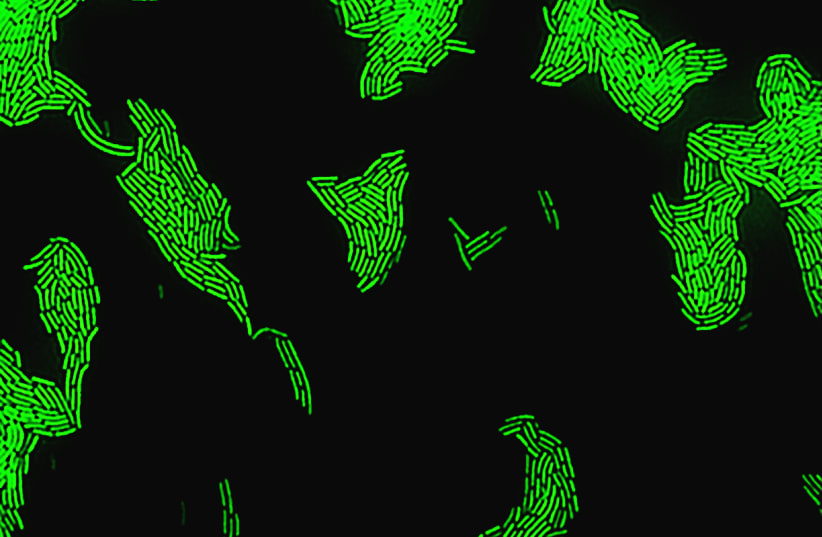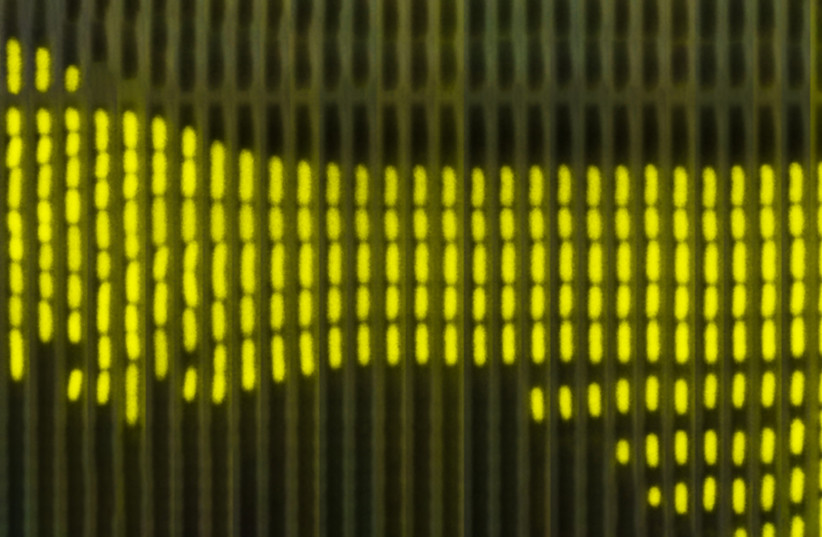A team of researchers from the Hebrew University of Jerusalem has discovered that some bacteria enter a “disrupted” state in which they function very differently from normal bacteria. Understanding the way these bacteria behave could open up the possibility of developing more effective treatments against bacterial diseases.
Bacterial infections can be life-threatening, especially as more forms of bacteria have evolved to become antibiotic resistant. Scientists are constantly searching for new antibiotics to destroy bacteria before they destroy us.
“Antibiotics fall into two categories: bactericidal drugs that kill the bacteria and those that are bacteriostatic,” a release by the university explained. “The latter disrupt the bacteria’s normal functioning so they can no longer multiply, leaving our immune system to provide the final lethal blow.
“Antibiotics can either kill or push bacteria to a near-death state before their final elimination,” said the lead researcher Prof. Nathalie Q. Balaban, who worked with PhD student Yoav Kaplan. “Under this life-threatening stress, bacteria enter a ‘disrupted’ state when they function very differently from normal bacteria,” the release added.
In this disrupted state, the bacteria do not respond to traditional antibiotics and hence require different antibiotics, Balaban said.
Working with Hebrew University Prof. Oded Agam, an expert in statistical physics, they were able to model the disrupted state and predict the behavior of populations of cells in this state – and hence how a bacterial population will respond to an antibiotic treatment.
“We’re now beginning to research new pharmacological agents that can defeat bacteria during the disrupted state,” she said.
A better understanding of bacteria’s disrupted state “opens new avenues for the development of better treatments which will enable killing not only the bacteria in their normal state, but also when they enter the elusive disrupted state,” Balaban said. “This is just the starting point.”

